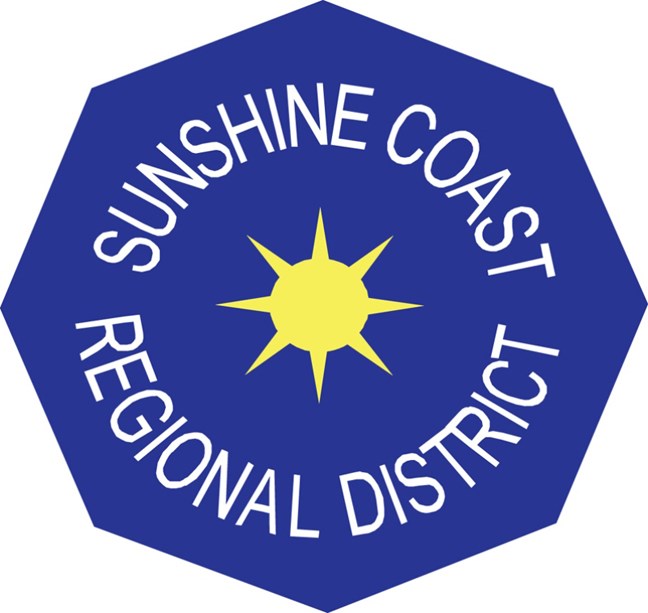Don’t throw out those glass jars that hold the cookies you get for the holidays – at least not in your household garbage bin. The Sunshine Coast Regional District (SCRD) plans to ban two types of material from garbage pick-ups. Recyclables such as jars is one of them.
The other is organic waste, which will be prohibited in commercial garbage.
At a corporate and administrative services committee meeting Nov. 23, SCRD directors gave a go-ahead to the two types of garbage bans, which would help prolong the lifespan of the Sechelt Landfill. It is expected to fill in 10 to 12 years.
The recommendations will become part of a larger, solid waste plan to be presented at a Dec. 21 infrastructure services committee meeting, Roberts Creek director Mark Lebbell explained. “There will be a whole bunch of other recommendations,” he said.
The ban on recyclables would cover plastics, paper, aluminum containers, packaging and all other materials Recycle BC collects.
The ban on commercial organics would prohibit places such as restaurants, schools, and grocery stores from discarding scrap produce in their regular garbage.
Sophie Staley, owner of Truffles café in Gibsons, told Coast Reporter she is fine with that restriction if the SCRD can come up with an alternate disposal system. She said Truffles limits its organic waste by mindful cooking, such as making broth out of vegetable peels. “But larger restaurants might have a problem.”
She said she likes the idea of making compost but wonders where the SCRD would expect her to put it. “If they pick it up, it’s fine.”
Issues like that will be up in the air for a while, according to SCRD director for Area F, Ian Winn.
“We’ve got a long road to go,” he said. “It’s a very involved process and ideally it would be done across all four local governments on the Coast [the SCRD, the Sechelt Indian Government District, Gibsons, and Sechelt]. We’ve got to collaborate or at least understand what other governments are doing.”
There will be public meetings and education sessions, he said. Next, there would be time for commercial establishments to set up systems.
“Enforcement is kind of the tail end of it. You wait and you see how the plan is being accepted by the communities, by the restaurants, and then you go to enforcement after that,” Winn said. “It may mean someone picking through the garbage.”
Lebbell noted that a budget for the plan also needs to be determined.
Winn expects the recycling and organics bans to come into effect in one to two years.



